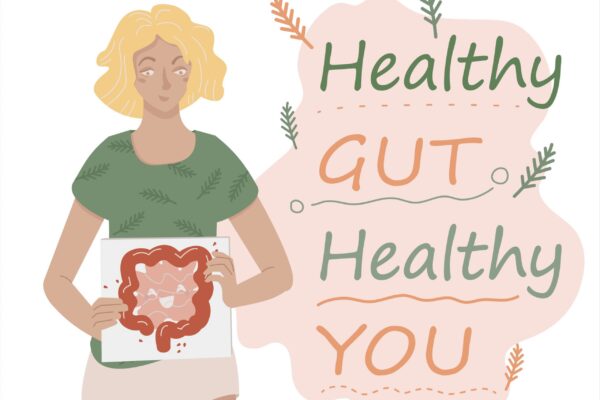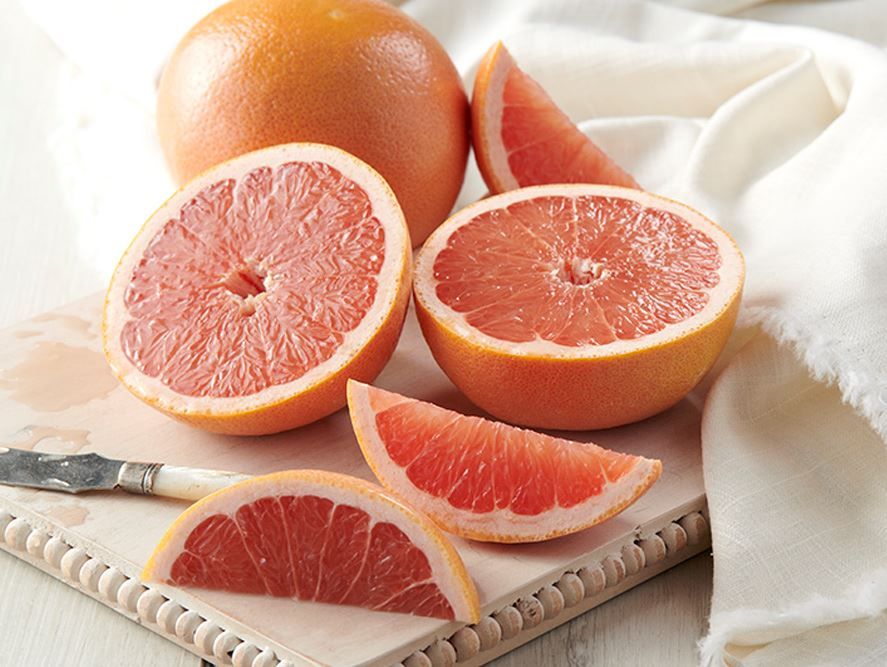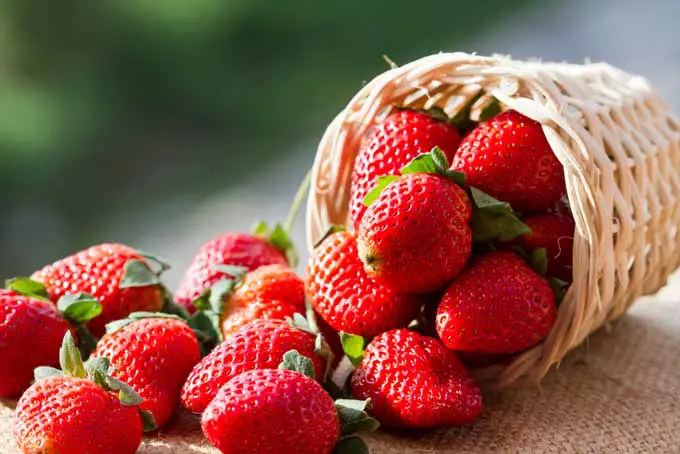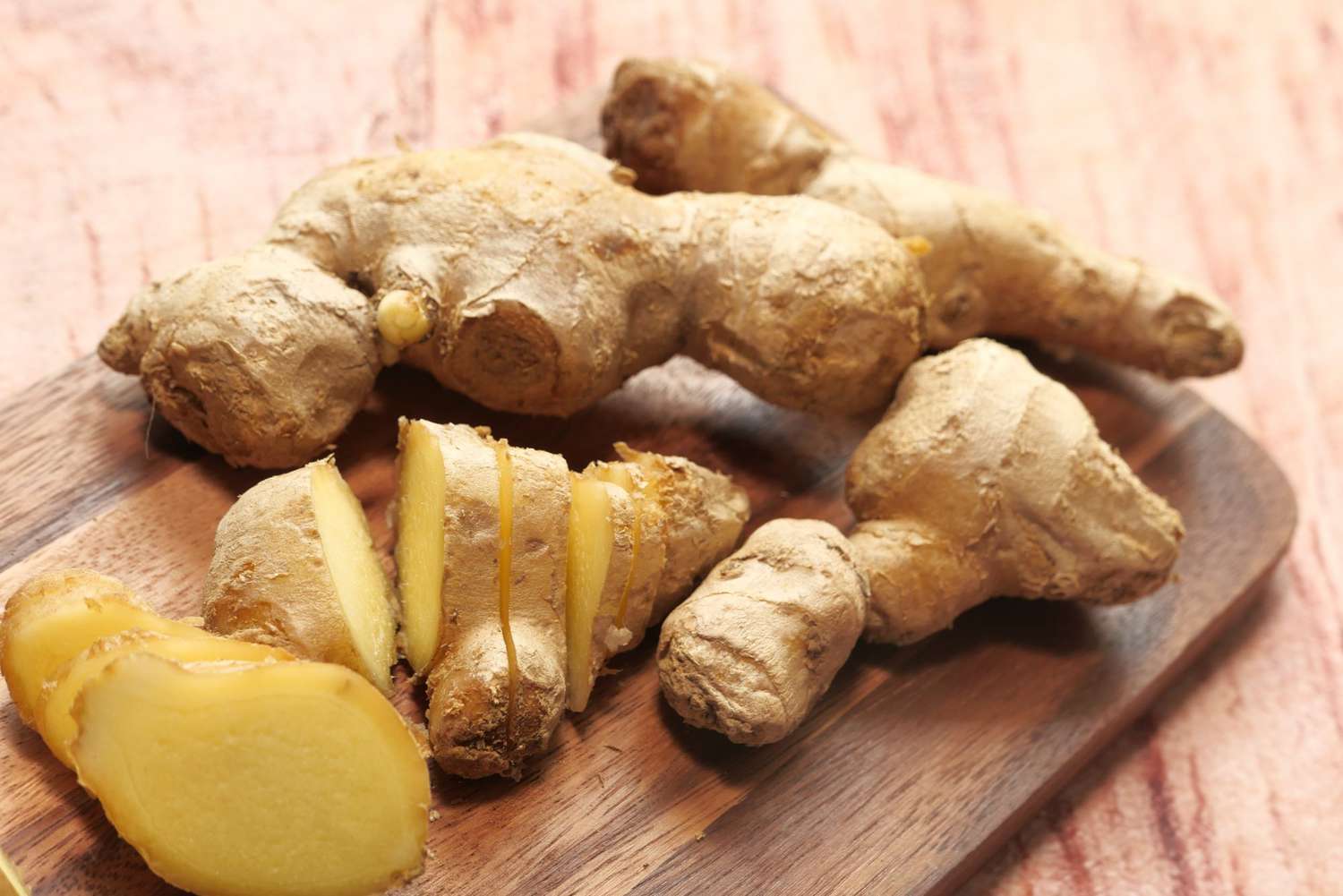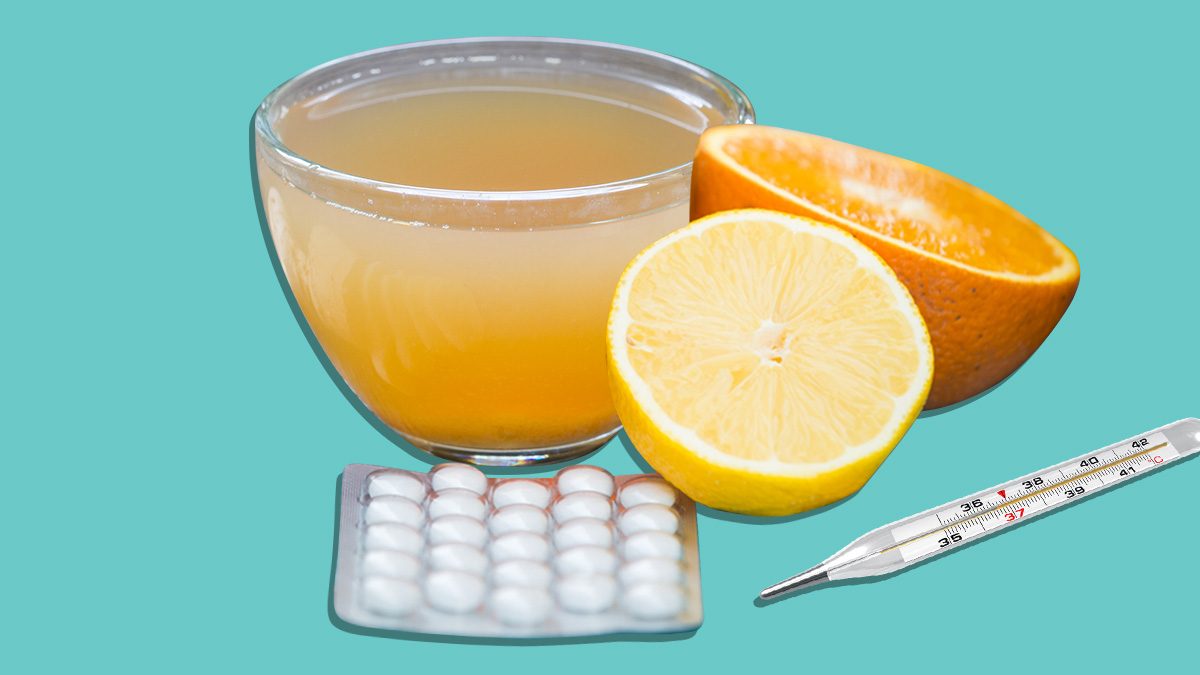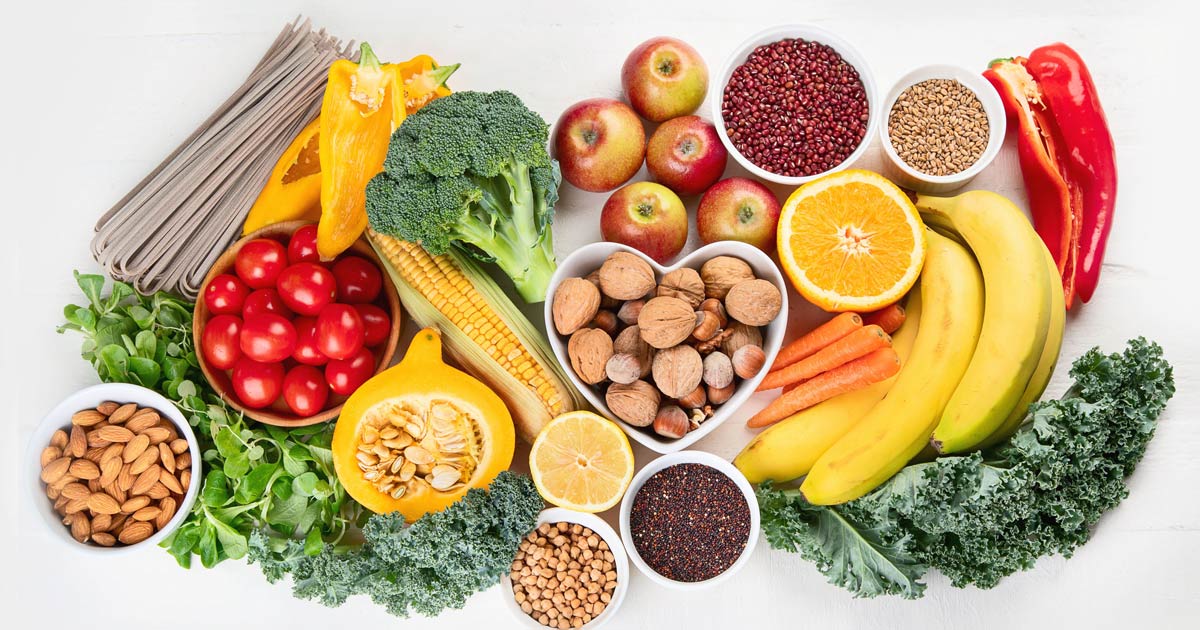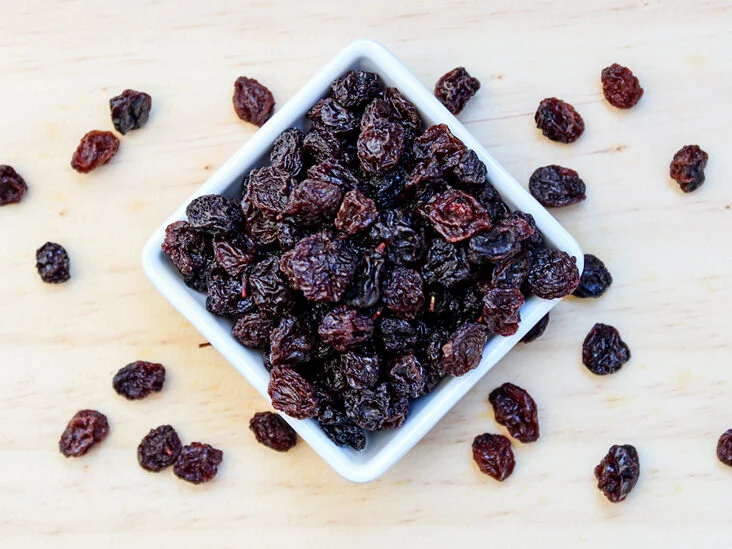
What Are Raisins?
Raisins are dried grapes. The drying process concentrates both the nutrients and sugars present in grapes, making raisins nutrient-dense and calorie-dense.
Raisins originated in the Middle East before making their way to Europe, where they were especially popular among the Greeks and Romans. Historically, raisins were used as currency, as awards in sporting events, and to treat ailments like food poisoning.Â
Today, raisins are available at most supermarkets. They can be made from a wide variety of grape types. Different grapes create different flavors and textures in the raisins.
Raisins can also be dried in different ways. Natural-dried raisins are dried in the sun and have a dark color. They take about 3 weeks to completely dry. ‌They can also be dried in a home or commercial dehydrator.
Because they’re high in naturally occurring sugar as well as calories, experts say they should be eaten in moderation.
Raisin Nutrition Information
Raisins, sultanas, and currants have similar nutritional qualities. All are rich in antioxidants – substances that help your cells fight harmful molecules called free radicals. And they’re all good sources of:
- Iron
- Potassium
- Copper
- Vitamin B6
- Manganese
Raisins also contain boron. This mineral helps maintain good bone and joint health, can improve wound healing, and may improve cognitive performance.
Potential Health Benefits of Raisins
Raisins are a tasty and convenient food that can add a range of nutrients to your diet. As a dried fruit, however, they don’t have the water content of regular grapes. This makes them less filling and easier to overeat. Stick to small portions to avoid adding too many calories to your diet.
Adding a handful to your cereal or snack can have some potential health benefits:
Hearth health. Research shows that raisins could help lower your risk of heart disease by reducing blood pressure and blood sugar. The fiber in raisins lowers your LDL (bad) cholesterol, which reduces strain on your heart.Â
Raisins are also a good source of potassium. Studies have found that low potassium levels contribute to high blood pressure, heart disease, and stroke. The amount of potassium your body needs increases if your sodium intake is high, which is common in many people’s diets. As a low-sodium food, raisins are a great way to ensure you’re getting enough potassium.Â
Lower risk of chronic disease. Raisins have higher levels of antioxidants than many other dried fruits. That’s because the drying process concentrates these antioxidants.
Antioxidants help prevent cell damage caused by natural factors like aging and lifestyle behaviors. Some of the stronger antioxidants in raisins are called phytonutrients. These plant-based compounds have been shown to reduce the risk of chronic conditions like diabetes, osteoporosis, and cancer.
Research suggests that phytonutrients may also have anti-inflammatory, pain relief, and brain-protective properties.
Gastrointestinal health. Raisins are a good source of soluble fiber, which aids digestion and reduces stomach issues.
Raisins also contain tartaric acid. Research shows this protein may have anti-inflammatory properties, improve intestinal function, and help regulate the balance of bacteria in your gut. One study found it may also act to reduce the risk of colorectal cancer.
Oral health. Some nutrients in raisins, like oleanolic and linoleic acid, may have antibacterial properties. Studies have found that this effect may limit plaque-forming bacteria in your mouth.
These antioxidants also help maintain healthy oral pH levels. This can keep your saliva from becoming too acidic, helping with cavity prevention.
Potential Risks of Raisins
Raisins are considered safe for most people. They also have a moderately low glycemic index, which means they don’t cause sharp spikes and dips in your blood sugar levels. This can make them a good sweet snack option for people with diabetes.
But the dense nutrient content of raisins can cause negative side effects if you eat them in large amounts
Unwanted weight gain. Some research shows that raisins can help people lose or manage weight. But they’re relatively high in calories per serving. So eat them in moderation if you want to avoid weight gain.
Stomach discomfort. The fiber in raisins is linked with a range of health benefits. But too much fiber in your diet can cause digestive issues like gas, bloating, and cramps.
Pesticide concerns. Raisins made from grapes sprayed with pesticides may contain residues. After the raisin-drying process, producers also sometimes fumigate storage areas to keep pests away. Consuming high levels of pesticides has been linked to health issues like cancer, so it may be best to opt for organic raisins when possible. Organic foods have fewer pesticide residues.
Source
Are raisins good for you retrieved from https://www.webmd.com/diet/raisins-good-for-you.


